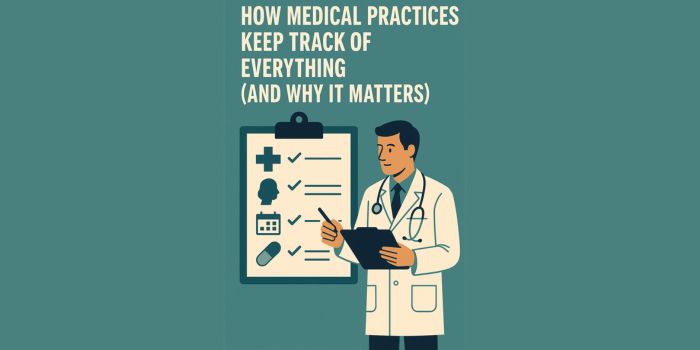People have been using music for centuries to communicate, express their emotions, and to evoke certain feelings in another person. Nevertheless, it was only in the 50s of the last century that European and American doctors began to notice that some melodies contribute to a faster recovery of patients. Since then, scientists around the world have been looking for an answer to the question – how does music affect the human brain, emotions, and behavior?
Modern research shows that different melodies help relieve stress, overcome depression, anxiety, and anger. It speeds up patient recovery after surgery, and even reduces the risk of developing senile madness. Listening to different genres of music can make us feel both positive and sad. It is only important to know what and when to listen.
How Our Brain Perceives Sounds?
Sound is nothing more than a wave of mechanical vibrations propagating in a certain medium. When this wave, moving by air, reaches our ear, we hear certain sounds. Different sounds enter the inner ear and activate different areas of the brain.
Interestingly, the result of such an influence often depends on a person’s musical training. That is, in different people, the same melody can cause different emotions and provoke the activity of different parts of the brain.
How Different Lyrics Affect Our Emotions and Desires
The type of music a person listens directly impacts his mental state and mood. For example, when a person is at a bar with loud music, he will be tempted to drink more alcohol. The louder the music, the higher the arousal to drink will be.
Research says that the desire to drink more alcohol increases as a person listens to music. The researchers put two different types of music in two different bars. One contained the lyrics regarding “alcohol” while the other was generic music. The ones who listened to music containing alcoholic words were triggered to order more wine or beer.
Though music can be helpful in training the mind correctly, however, the selection of music and its volume is also important. It can make you upset, happy, or even an addict! If any of your loved ones becomes an addict by regularly visiting the bar, you can find a reliable resource for alcohol treatment and not worry about the financing aspect.
Effects of Music on Human Brain
1- Music And Memory
In 2014, the American movie “Alive Inside” was released. The plot is based on the story of a nursing home employee who once decided to experiment and brought an iPod with different styles of music to the hospital.
What happened next shocked everyone: patients with Alzheimer’s disease, listening to different songs, began to recall events from their past. But what is most surprising is that the story told in the film is not fiction, but a fact that has a scientific explanation.
Back in 2009, UCLA researchers discovered the region of the brain that links music and memories. That is, having heard a melody from the past, a person begins to remember emotions and events associated with it.
2- Improves Performance
Most studies show that listening to music can improve performance. But at the same time, it is important to know which songs are best to listen to at work. Cheerful, positive melodies always stimulate creativity and improve teamwork. But to get the most out of music in the workplace, it is helpful to alternate periods of quiet work and work while listening to melodies.
3- Enhances Creativity
Different sounds affect the rhythms of the brain in different ways. Music vibrates alpha and theta waves. In creative people, the picture of brain vibrations has some peculiarities. In particular, when there is a burst of alpha waves, a person feels a desire to be creative, inspiration rolls over him.
A surge in theta waves has a similar effect, but they are also responsible for relaxation and sleep. The optimal volume for performing creative tasks is a moderate noise within 70 decibels. But the noise from 85 decibels negatively affects a person’s creativity.
4- Helps To Burn Calories
Exercising to music is much healthier and more enjoyable for our bodies than sports in silence. It is because melodies block the signals of fatigue in the brain. For example, back in the early twentieth century, American researcher Leonard Ayres discovered that people tend to pedal a bicycle faster to music.
A century later, modern scientists have also found confirmation of this fact: cyclists burn more calories to the sound of different melodies.
5- The Healing Properties Of Music
You already know that listening to music promotes the production of dopamine, the hormone of happiness. But the human body can get even more benefit from playing music.
6-Improve The Attention
It turned out that singing and playing different musical instruments improves attention, motor skills, and activates the interaction between the two hemispheres of the brain.
7-Makes A Person Feel Less Pain
Music has an analgesic effect – American scientists told about this after observing patients in the postoperative period. Patients of the orthopedic department who underwent spinal surgery took part in the experiment.
The first group of patients was offered to listen to their favorite music. Patients from the second group were recovering in the usual hospital conditions. When patients from two groups were asked to describe the nature of the pain they experienced, it turned out that music lovers felt much better than patients from the control group.
Summing Up
Music can improve health. Make us happier, smarter, and more active. Researchers from different countries have found a lot of evidence that different melodies affect our brain to one degree or another. Of course, this is not yet a reason to radically change your musical preferences.
Listen to what you like and remember that the tune in your headphones should be fun first and foremost. But remember to keep the volume at a safe level. Be guided by your taste and preferences, although it will sometimes be useful to heed the advice of researchers.




